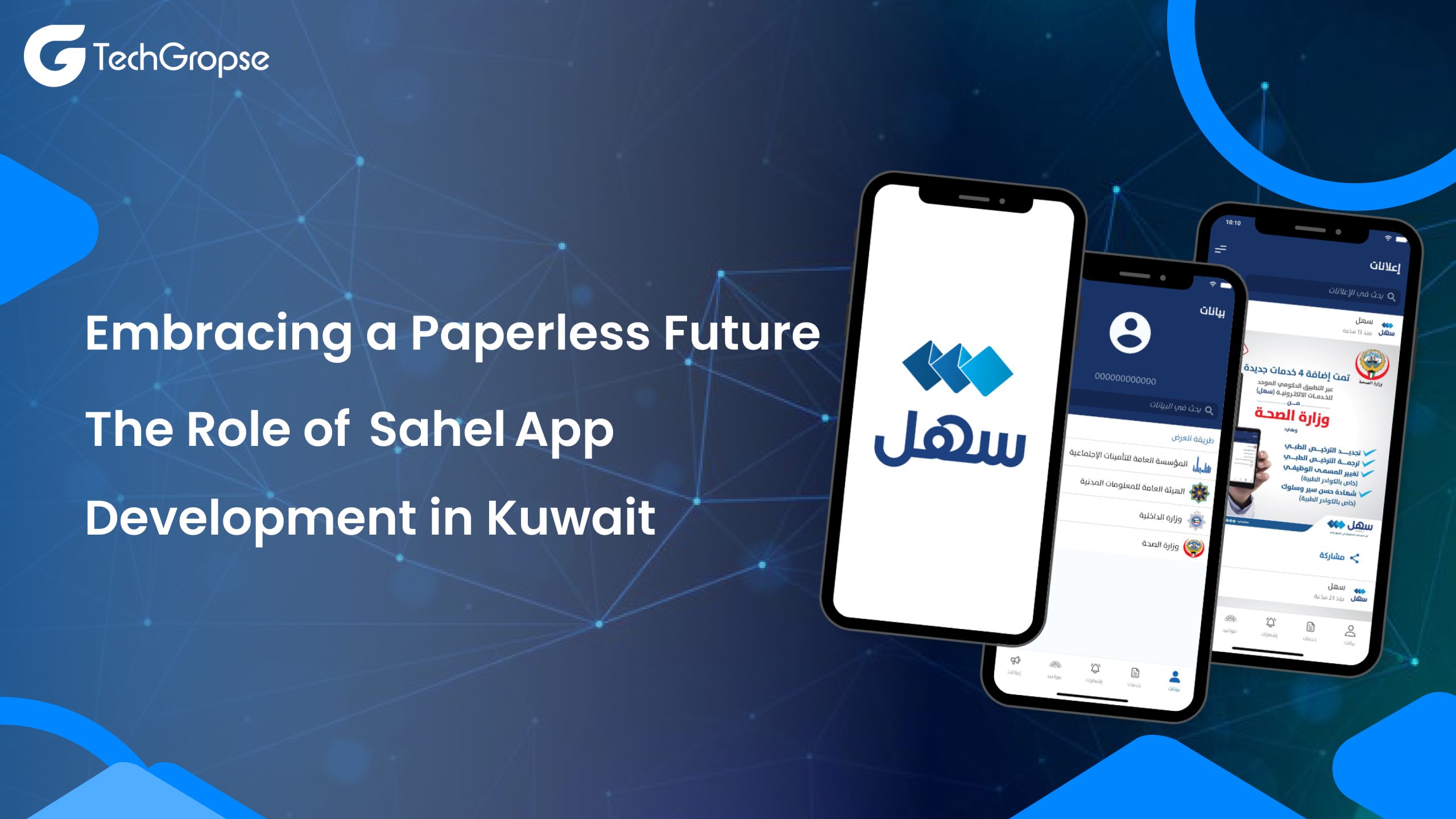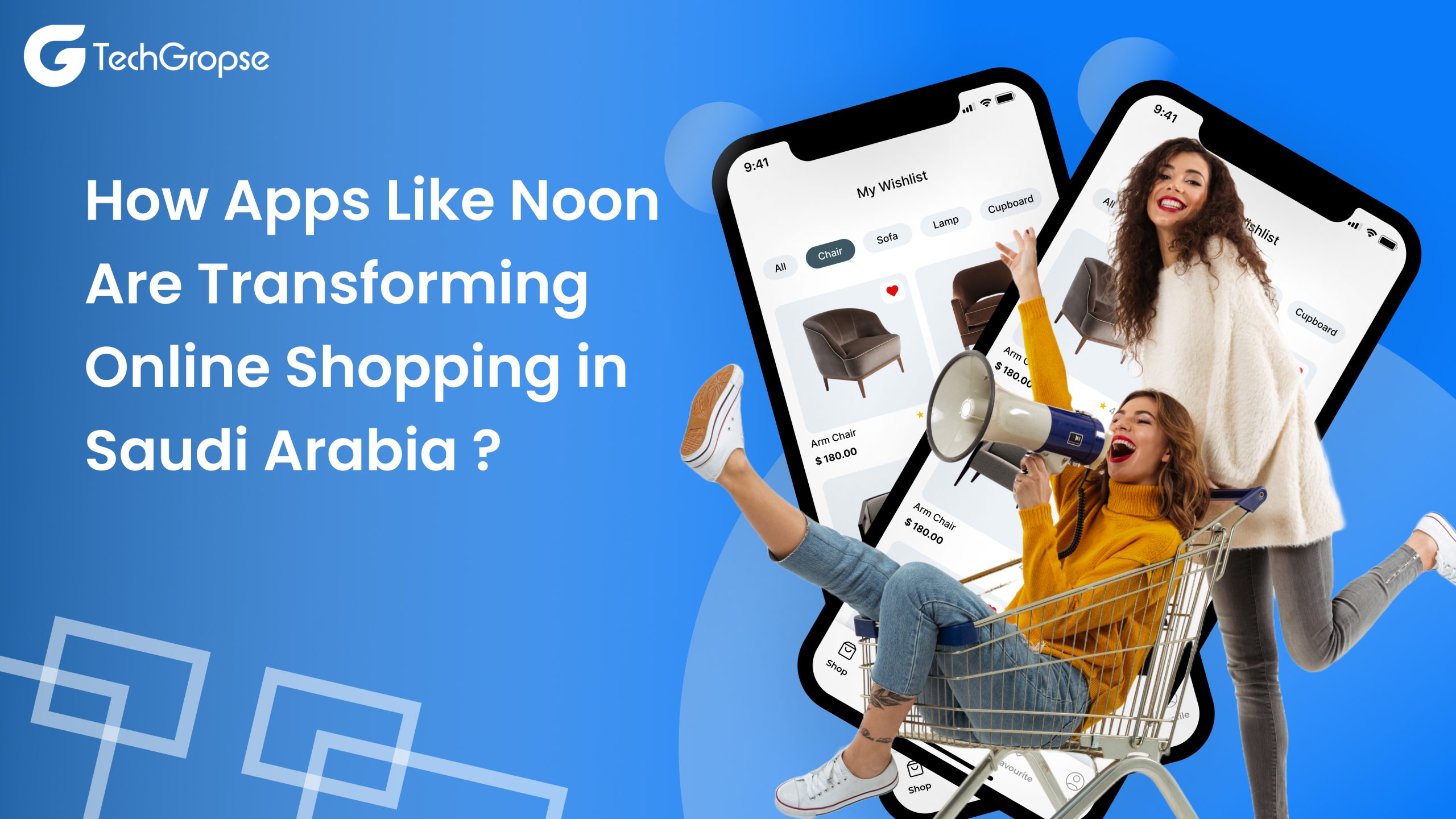Gone are those days when people were searching for a local doctor and calling any relatives for help. Today, each one has health insurance that ensures the patient gets the best diagnosis at the same time. As a result, enterprises are investing in the development of health insurance apps. It will help people to get suitable insurance as per their requirements.
It is difficult to search for an insurance agent to get insurance. In such a case, people rely on health insurance apps that make it easier to get insurance.
Henceforth, enterprises are building their own health insurance app. However, it is necessary to know the health insurance app development cost to help you determine how much you have to spend to build a functional application.
In this broadcast, we will briefly discuss all the information, such as health insurance app development cost, features, advantages and procedures to build a healthcare insurance app. This will assist you in making a wise decision that is good for your business success.
Health Insurance App Market Overview
Before reaching other information like cost and features, we must get an in-depth insight into market statistics to know why healthcare insurance software is necessary. You know that the largest health insurance market is poised to grow at a CAGR of 9% by 2024. The first organisation, Oscar that created a health insurance app has over 1 million active members.
Health insurance is indeed the largest contributor to the unprecedented growth of the medical insurance industry. The total revenue generated by the global healthcare insurance market reached a value of $3.2 trillion in 2021 and is estimated to grow to $4.3 trillion by 2027 at a CAGR of 10%.
Henceforth, investing in healthcare insurance app development is a good decision. The task is not as simple as it seems, so it is advisable to search for a leading health insurance app development company with years of expertise in developing applications.
Benefits of Building Custom Healthcare Apps

Now, it is time to know the advantages of building healthcare insurance applications. However, the perks may differ for both patients and doctors. Let’s uncover how custom healthcare apps can streamline workflows, improve communication, and enhance healthcare experience.
Benefit for Doctors
The health insurance app can be beneficial for doctors in the following ways:
1. Improve Efficiency and Time Management
Customize your healthcare app to streamline various administrative tasks and help doctors manage their time more effectively. Features like appointment scheduling, automatic reminders, and digital health records can significantly reduce the time you spend on paperwork and manual processes. These tools allow physicians to focus on patient care and spend less time on administrative tasks. This increased efficiency benefits physicians and improves the overall patient experience by minimizing wait times and enabling smoother clinic operations.
2. Improved Communication and Collaboration
Custom healthcare apps serve as a central platform for communication and collaboration between healthcare professionals. An integrated messaging system, file-sharing capabilities, and real-time patient status updates enable seamless communication between doctors, nurses, and other medical team members. This fosters a collaborative approach to patient care and ensures that all relevant information is easily accessible to those involved in the treatment process. Improved communication leads to more informed decisions, coordinated care, and ultimately better patient outcomes.
3. Personalized Patient Care
Custom healthcare apps allow physicians to provide more personalized, patient-centered care. Through features such as electronic health records (EHRs) and data analytics, physicians can gain insight into a patient’s medical history, preferences, and specific health needs. This wealth of information allows customized treatment plans, medication recommendations, and prevention strategies. Additionally, integrating patient monitoring tools allows doctors to track health metrics in real-time, allowing for a more accurate assessment of patient conditions and timely intervention.
4. Seamless Access to Medical Information
One of the main benefits of personal health apps is the secure and convenient access to medical information. Physicians can access patient records, test results, and related data from anywhere: in the office, hospital, or on the go. This accessibility enables more informed decision-making and physicians to respond more quickly to emergencies and urgent patient requests. With the peace of mind that critical information is readily available, physicians can provide more efficient and effective care, resulting in improved patient outcomes.
5. Regulatory Compliance
Custom healthcare apps can be designed to meet strict regulatory standards and data security measures, including healthcare industry regulations such as HIPAA (Health Insurance Portability and Accountability Act). This is critical to protecting sensitive patient information and maintaining the privacy and confidentiality of medical records. By integrating robust security features, encryption protocols, and access controls, custom healthcare apps provide a secure environment to store and manage patient data, building trust between both providers and patients.
Benefits for Patients
Instead of the advantages of a health insurance app for doctors, there are many advantages for patients. Some of the benefits are listed below:
1. Give Patients Access to Their Personal Health Information
Custom health apps provide patients with a secure and convenient platform to access their personal health information. Patients gain comprehensive insight into their healthcare, from medical records and test results to prescription details and appointment schedules.
This transparency not only facilitates understanding of one’s own health status but also facilitates active participation in the decision-making process. Patients can make informed decisions about treatment plans, medications, and lifestyle changes, promoting a sense of empowerment and autonomy in managing their health.
2. Seamless Appointment Management and Communication
Custom healthcare apps streamline the appointment management process and allow patients to schedule, reschedule, or cancel their appointments easily. Automated reminders and notifications keep patients on track and never miss an important doctor’s appointment.
Additionally, these apps often include communication features that allow patients to contact their healthcare provider directly, inquire about medications, and receive information about treatment plans. This improved communication creates a closer relationship between patients and healthcare providers, promoting trust and a more patient-centred approach to care.
3. Personalized Health Tracking and Monitoring
Health tracking features built into custom health apps allow patients to monitor and track various health indicators such as blood pressure, blood sugar levels, and physical activity.
This real-time data provides patients and their healthcare providers with valuable insights into health trends and enables proactive management of chronic diseases.
The ability to enter and track symptoms, medications, and lifestyle factors helps create a more individualized and customized approach to healthcare and facilitates early intervention and preventive measures.
4. Medication Management and Adherence
Custom healthcare apps can include features that support medication management and compliance. Patients can receive medication reminders, access information about their prescribed medications, and create dosing schedules. Additionally, this app can provide educational resources about medications, possible side effects, and interactions.
These apps contribute to improved treatment outcomes by promoting medication adherence, helping prevent complications associated with missed doses, and ultimately improving the overall effectiveness of prescribed treatment plans.
5. Advanced Telemedicine and Remote Monitoring
Patients can access virtual visits with their healthcare providers by integrating telemedicine capabilities into custom healthcare apps. This is particularly beneficial for people with limited mobility, those living in remote areas, or those seeking non-emergency medical advice. Custom apps also support remote monitoring, allowing healthcare providers to remotely track patients’ vital signs and health parameters. This increases healthcare convenience and facilitates early detection of potential problems, leading to timely intervention and improved patient outcomes.
These are some advantages of health insurance app development for patients as well as doctors. Therefore, building a health insurance app to make a profit is a good idea.
Features Health Insurance App Must Have

Once you know the advantages of health insurance app development, it’s time to know the features you must include in your application. Features play an important role in ensuring the success of a project. Therefore, we list some features you must consider while building health insurance app development solutions.
- User Profile
It is the essential feature you have to include in the insurance app. This feature allows users to register and manage their profile using their phone number, email, policy details and other essential information. This feature helps provide a personalized user experience. In order to include this feature in your app, you have to contact a healthcare app development company.
- Policy Information
This feature includes coverage details, deductibles, effective dates and premiums. It allows users to compare several insurance plans and make informed decisions based on their specific requirements. Thus, you have to include this feature in the healthcare insurance app. In order to make the procedure more accessible and convenient, you can seek the help of an on-demand app development company with good years of experience and knowledge.
- Claims Management
This is another essential feature a healthcare insurance app must have. It allows users to submit, track and manage insurance claims efficiently. The users feel at ease uploading supporting documents, filing claims, and receiving status updates directly from their smartphones. Thus, it is necessary to make sure that you include essential health insurance app development features.
- Payment Management
The health insurance app must have this feature. If the application has this feature, it allows users to sign up instantly, automate the invoice processing and provide configurable commission and incentive calculations. Thus, it is necessary to include this feature in your app.
However, implementing features into the app is not a more manageable task as it requires complete knowledge of the coding and technology. Therefore, it is suggested that dedicated developers be hired.
- Media Sharing
In a healthcare insurance app, it is necessary to include media-sharing features with tremendous significance. It allows patients to seamlessly share their medication documents or medical reports with doctors for review. Thus, while investing in health insurance app development, ensure the app is equipped with this feature.
- Effective Communication
It enables effective communication and builds the credibility of the application. This feature allows users to securely connect with their insurance, healthcare providers and customer support for instant responses to their queries. Ensure your application supports all the primary communication types: voice calls, video calls and chat. So, don’t forget to include this functionality in your app.
- In-App Payment Integration
You also have to include this feature in your application. In order to assist the users facing such scenarios, integrate a payment gateway feature in your app, enabling users to settle their premiums conveniently. The in-app payment gateway provides a hassle-free means to initiate payment for life insurance services while facilitating swift bill settlement following medical appointments.
Thus, you have to include this feature in your application. If facing this is challenging, you can hire dedicated developers with years of experience in developing health insurance apps.
- Push Notifications
Health insurance must have a push notification feature. With the help of this feature, you can provide important updates and reminders to the users. In the short term, users stay informed about policy changes, claim updates and critical healthcare alerts, ensuring they never miss essential information. Thus, it is necessary to include this feature in your application.
Steps to Build a Health Insurance App

Building a health insurance app involves multiple stages like programming language, coding, features, and many other essential things. By following these steps and working closely with users, developers can create an app that meets the requirements of its target audience and delivers a high level of functionality and user experience. Below, we list out step-by-step how to start the health insurance app development process:
1. Ideation and Conceptualization
The ideation and conceptualization stage is the starting point of health insurance app development. In this stage, the development team identifies the purpose of the app, its target audience, and key features. Prior to starting the health insurance app development procedure, it is necessary to conduct market research to analyse the competition and identify gaps in the market that the app can fill. It will assist in making an app perfectly.
2. Planning and Analysis
The second step is planning an analysis to build a functional application. It includes setting timelines, budgets and a roadmap for the project. During this stage, the team analyses the app’s needs, user requirements and competitor offerings. The team always creates a user persona that assists in guiding the application’s design and development. In order to make the procedure easier, you can also seek the help of mobile app developers who have years of experience and knowledge.
3. Design
Another essential step of health insurance app development is design. We all know that UI/UX play an essential role in the success of a project. Therefore, you have to make sure the application looks professional. The team of professionals work to create a user-friendly and visually appealing design that meets the target audience’s requirements. The team also designs the user flow and the app’s information architecture, making sure that the app’s functionality is intuitive and easy to navigate.
4. Development
The next stage is the health insurance app development, where the actual coding and programming of the application takes place. The team uses the chosen technology stack to develop the application’s features and functionality. This stage involves writing the code integrating third-party APIs, testing and debugging. The development team will work closely with the designer to make sure that the app’s functionality aligns with its design.
5. Testing and Quality Assurance
Now, it is time to test the application to ensure it meets the desired quality and performance standards. This stage involves functional testing, integration testing, user acceptance testing and performance testing. The team uses automated testing tools to boost the testing procedure and ensure the app works properly.
6. Launch and Deployment
Once the application is tested and approved, you have to make it available to users. The development team launched the app in the Google Play Store and Apple Store, making it easier for users to download the app.
Health Insurance App Development Cost

Instead of features, advantages and technology, health insurance app development cost always matter. In the short term, it defines how much money you should have to build an app. Whether you want to build an iOS or Android app, it is necessary to determine the Android app development cost, which depends on several factors such as complexity, features, location of the developers, and many more.
In this section, we will give an idea of health insurance app development cost based on different factors. The listed table may be helpful in getting an idea of how much money you should have to build a functional and easy-to-use application.
| Development Element | Estimated Cost Range |
| Basic App (Single Platform) | $30,000 – $50,000 |
| Cross-Platform Development | Add 20% – 40% to basic app cost |
| User Authentication | $5,000 – $10,000 |
| Customized UI/UX Design | $10,000 – $20,000 |
| Basic Features (Profile, Claims) | $20,000 – $40,000 |
| Advanced Features (Telemedicine) | Add $15,000 – $30,000 |
| Integration with APIs (Payment, Healthcare Providers) | $10,000 – $20,000 |
| Data Storage and Security | $15,000 – $25,000 |
| Testing and QA | $8,000 – $15,000 |
| Regulatory Compliance | $5,000 – $10,000 |
This is a rough idea of the health insurance app development cost. In order to know the exact cost, you have to consult with a leading mobile app development company that has years of experience and knowledge in building robust IT solutions for your project.
Summing Up
Mobile applications have already become an essential part of many industries. Today, everyone is searching for an app to save time. Therefore, it is time to invest in the development of health insurance apps. However, the task is not as easy as it seems.
In such a scenario, you have to search for a leading mobile app development company. However, prior to handing over your project to someone, you have to get the knowledge of everything. Above, we list the essential information you have to know to build health insurance app.
FAQs
1. What factors influence the cost of developing a health insurance app?
Cost depends on platform selection, design complexity, features (basic or advanced), user authentication methods, and data security measures, which are affected by API integration, regulatory compliance, testing, and ongoing maintenance.
2. How does the choice of platform affect development costs?
Developing for both iOS and Android increases costs compared to a single platform. Cross-platform development can also impact costs, typically increasing the base cost of your app by 20-40%.
3. What are the essential features of a health insurance app?
Basic features include user profiles and claims management. Advanced features may include telehealth services, appointment scheduling, real-time policy updates, and more.
4. How does user authentication affect development costs?
Implementing secure authentication methods such as email verification, social media logins, and biometrics can increase costs. Safer methods may require additional development time.

Hello All,
Aman Mishra has years of experience in the IT industry. His passion for helping people in all aspects of mobile app development. Therefore, He write several blogs that help the readers to get the appropriate information about mobile app development trends, technology, and many other aspects.In addition to providing mobile app development services in USA, he also provides maintenance & support services for businesses of all sizes. He tried to solve all their readers’ queries and ensure that the given information would be helpful for them.











